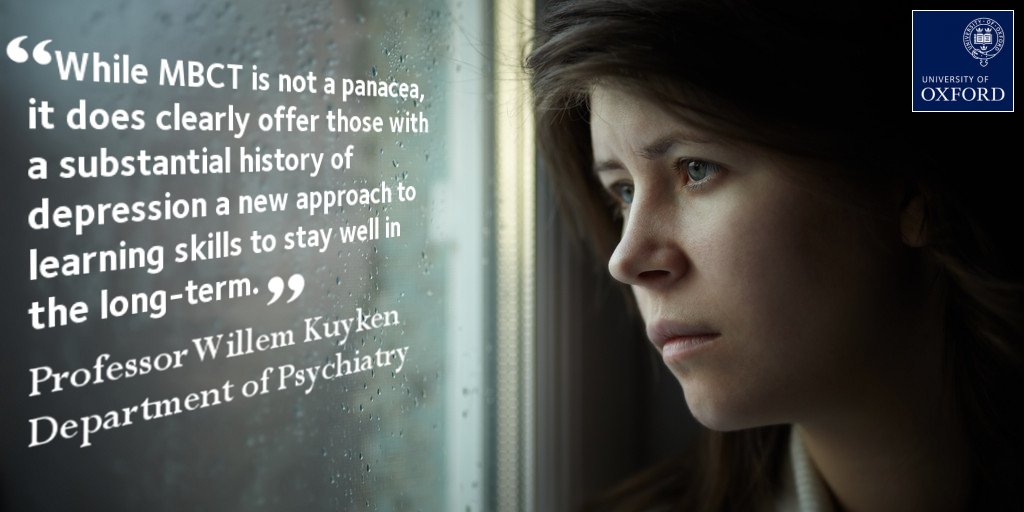
Leonard Cohen: Darkness and Praise
Later that same winter day the reply arrived:
“I wanted to stand with those who clearly see God’s holy broken world for what it is, and still find the courage or the heart to praise it. You don’t always get what you want. You’re not always up for the challenge. But in this case — it was given to me. For which I am deeply grateful.”
The
question came from the author's son, who was preparing to present the hymn to his fifth-grade class. The boy required a
clarification about its meaning. The answer came from the author of the
song, Leonard Cohen.
Cohen lived in a weather of wisdom, which he created by seeking it rather
than by finding it. He swam in beauty, because in its transience he
aspired to discern a glimpse of eternity.
There was always a trace of philosophy in his sensuality.
He managed to combine a sense of absurdity with a sense of significance, a genuine feat.
He was a friend of melancholy but an enemy of gloom, and a renegade enamored of tradition.
There was always a trace of philosophy in his sensuality.
He managed to combine a sense of absurdity with a sense of significance, a genuine feat.
He was a friend of melancholy but an enemy of gloom, and a renegade enamored of tradition.
Leonard
was, above all, in his music and in his poems and in his tone of life,
the lyrical advocate of the finite and the flawed.
Leonard
sang always as a sinner. He refused to describe sin as a failure or a
disqualification. Sin was a condition of life.
“Even though it all went wrong/ I’ll stand before the Lord of song/ With nothing on my tongue but Hallelujah!”
“Even though it all went wrong/ I’ll stand before the Lord of song/ With nothing on my tongue but Hallelujah!”
The
singer’s faults do not expel him from the divine presence. Instead they
confer a mortal integrity upon his exclamation of praise.
He is the inadequate man, the lowly man, the hurt man who has given hurt, insisting modestly but stubbornly upon his right to a sacred exaltation.
“There is a crack in everything. That’s how the light gets in.”
He once told an interviewer that those words were the closest he came to a credo.
The teaching could not be more plain: fix the crack, lose the light.
He is the inadequate man, the lowly man, the hurt man who has given hurt, insisting modestly but stubbornly upon his right to a sacred exaltation.
“There is a crack in everything. That’s how the light gets in.”
He once told an interviewer that those words were the closest he came to a credo.
The teaching could not be more plain: fix the crack, lose the light.
Here is a passage on frivolity by a great rabbi
in Prague at the end of the 16th century:
“Man was born for toil, since his perfection is always being actualized but is never actual,”
he observed in an essay on frivolity.
“And insofar as he attains perfection, something is missing in him. In such a being,
perfection is a shortcoming and a lack.”
Leonard Cohen was the poet laureate of the lack, the psalmist of the privation, who made imperfection gorgeous.
“Man was born for toil, since his perfection is always being actualized but is never actual,”
he observed in an essay on frivolity.
“And insofar as he attains perfection, something is missing in him. In such a being,
perfection is a shortcoming and a lack.”
Leonard Cohen was the poet laureate of the lack, the psalmist of the privation, who made imperfection gorgeous.
Link: http://www.nytimes.com/2016/11/14/opinion/my-friend-leonard-cohen-darkness-and-praise.html?ribbon-ad-idx=3&src=trending
